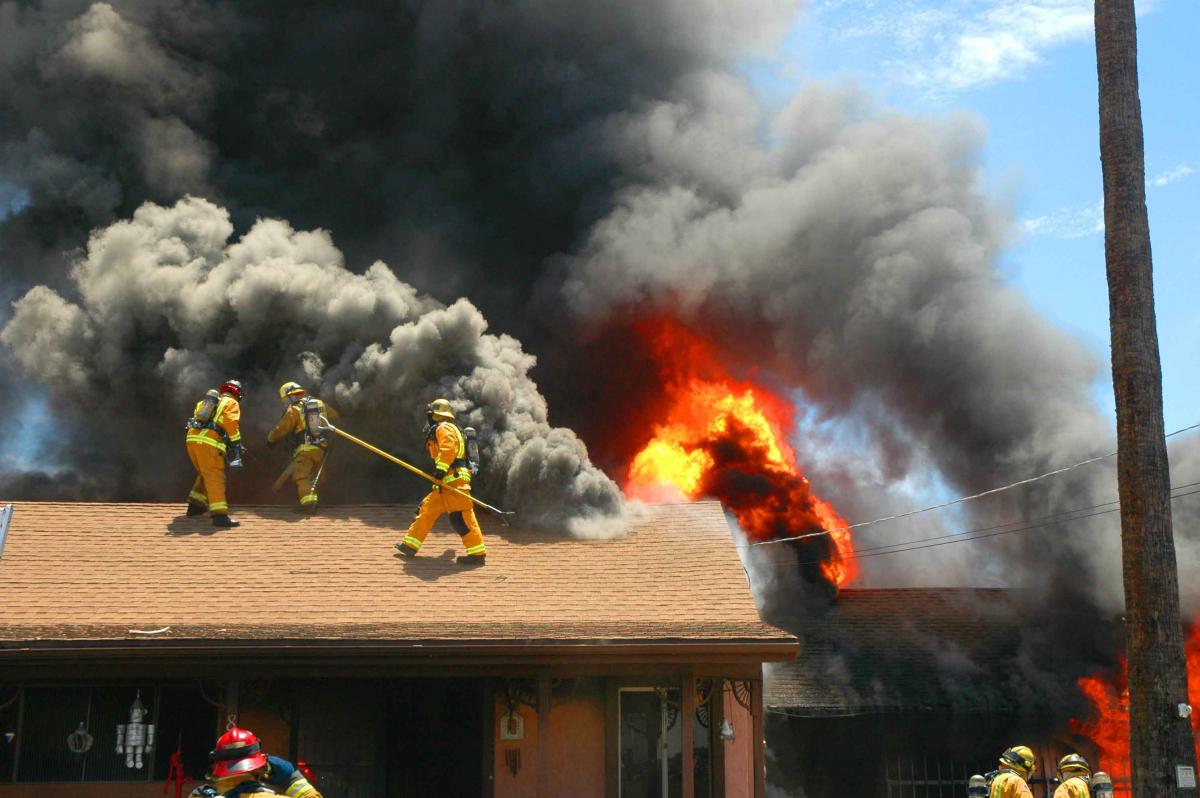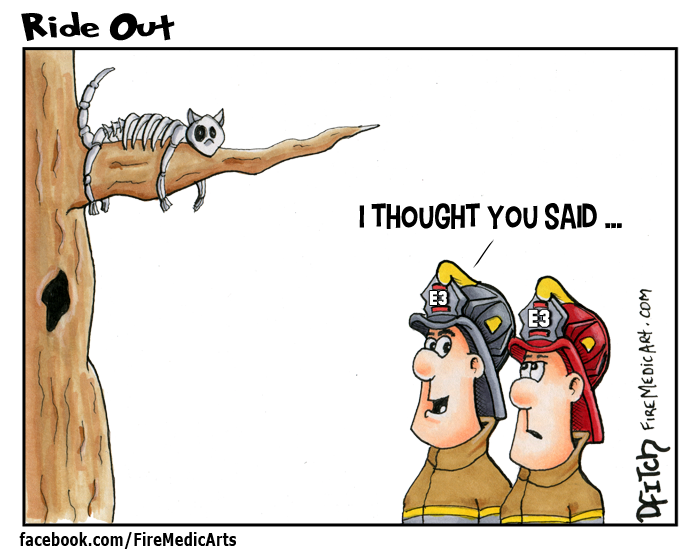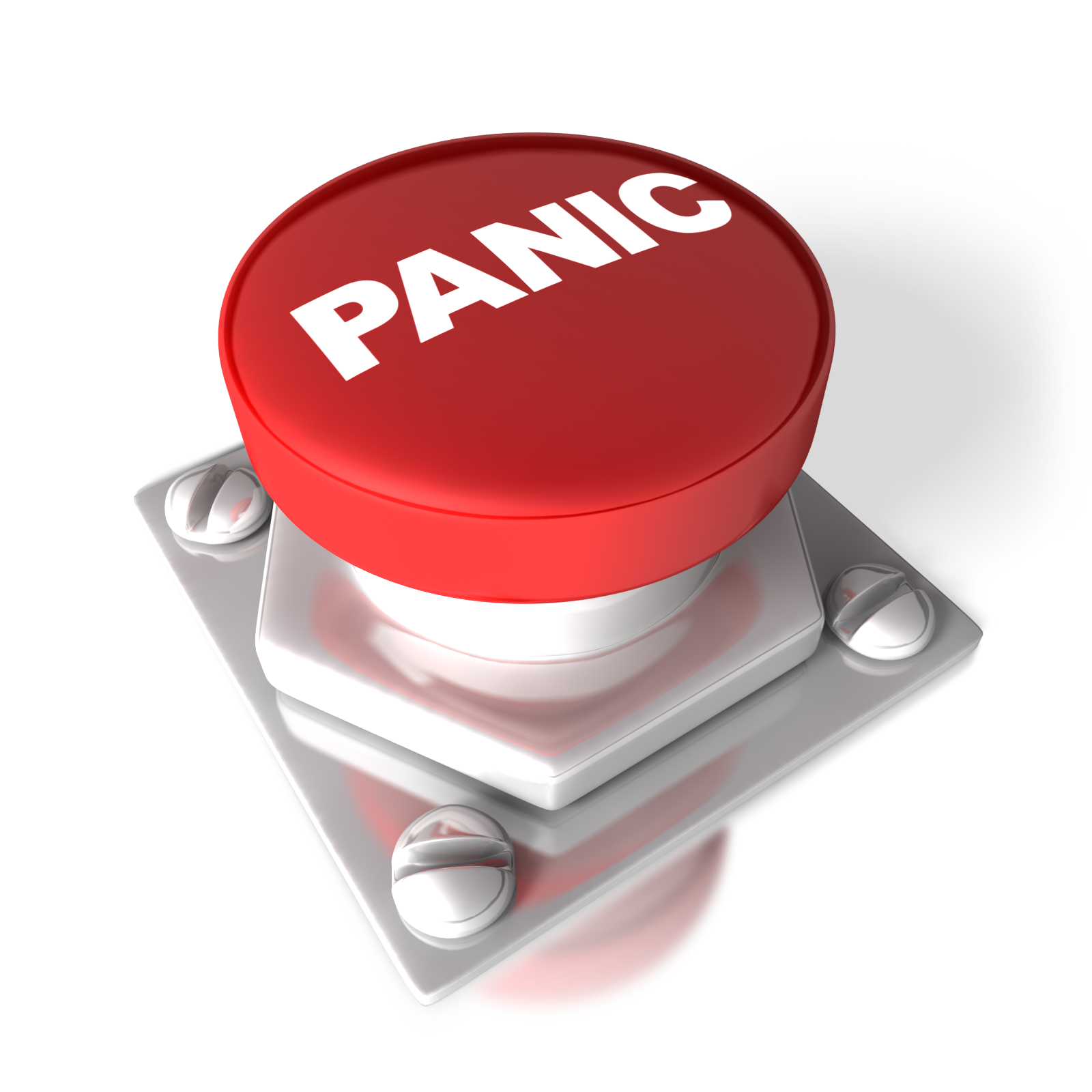We were on our way to get dinner in the East end of our district. While sitting at a signal light waiting for the green arrow the radio chirped. Beep beep, "Truck 51, medical response. 1234 5th street. Map page 117 xray."
We were only a couple of blacks from the address and we were facing the right direction. My engineer flipped on the lights and hit the air horn. We were no longer waiting for that green arrow.
We pulled up to the house less than a minute later. The 911 call taker was still getting information from the caller when we walked up. The ambulance had yet to be dispatched.
I asked the lady what was going on. She replied that her husband had collapsed in the bathroom and was no longer breathing. The call had taken a turn for the more serious.
I turned to my captain and asked him to go grab the Autopulse. I grabbed the victim and drug him out into the bedroom where we would have enough room to work. I immediately checked for a pulse and then started on chest compressions. He couldn't have been down very long.
My engineer grabbed the BVM and started breathing for the patient. My captain soon returned and let me know he had called for the next due engine just in case we needed the manpower. Once the Autopulse was on things started to get a little less hectic. I placed the defib pads on the patients chest and checked a heart rhythm. PEA or pulseless electrical activity.
PEA is a heart rhythm where the heart, electrically speaking, is working ok. The problem is the muscles are not responding to the electrical impulses telling them to pump.
We resumed resuscitation efforts. AMR showed up and they had an intern with them (the son of a member my department). I allowed him to start the IO and then to intubate the patient. The intern performed both skills perfectly.
We then settled into a routine of medication administration, CPR and heart rhythm/pulse checks. My captain had already talked to the wife and explained what was going on. She was prepared for the worst.
After a third round of Epinephrine and some more chest compressions we preformed another rhythm/pulse check. On the heart monitor the wave form had changed. And at my patients neck there was a corresponding pulse of blood.
He had a pulse.
We quickly but carefully moved our entire operation to the back of the ambulance. There the poor intern tried to remember all that he had to do while being peppered with questions from his preceptor and me. He did a good job.
Before arriving at the ER we had a repeat set of vitals, a 12 lead EKG and had started inducing hypothermia. My patient was even starting to fight the ET tube. A good sign. He might actually live.
***********
A couple of weeks later we stopped by the house where my patient had lived to check on him. His wife informed us that he had lived for 10 days in the ICU under heavy sedation. He had suffered a stroke which had caused the cardiac arrest. There was no possibility for recovery. All we did was postpone the inevitable and give the family a chance to say good bye.
























